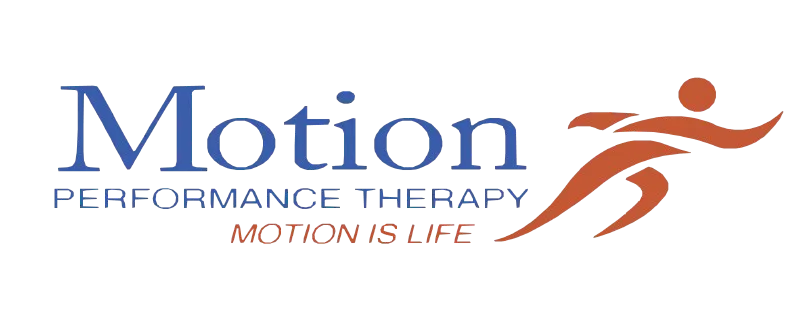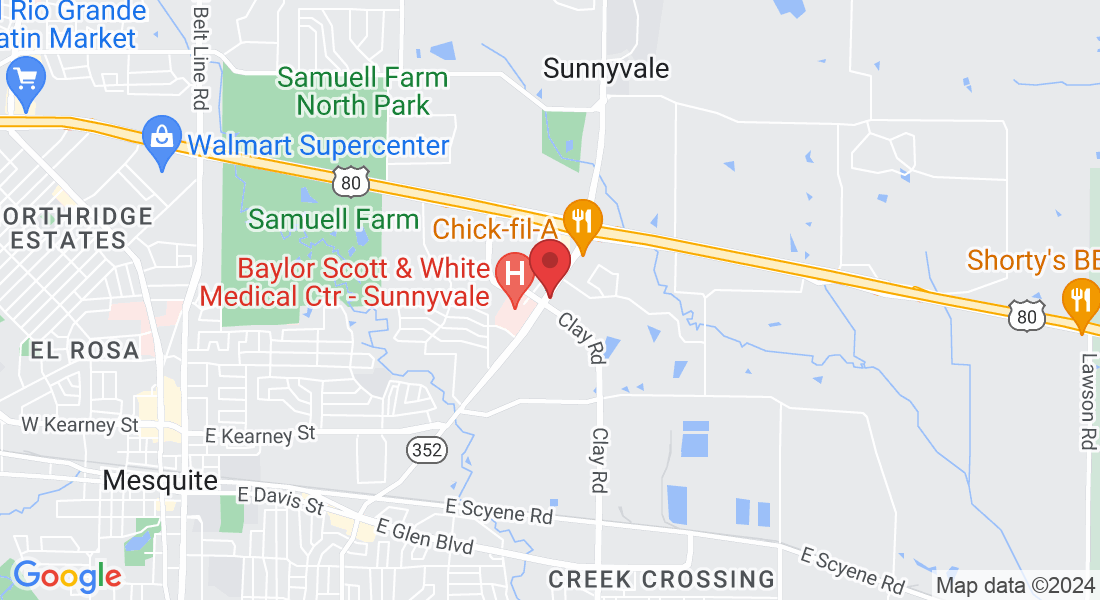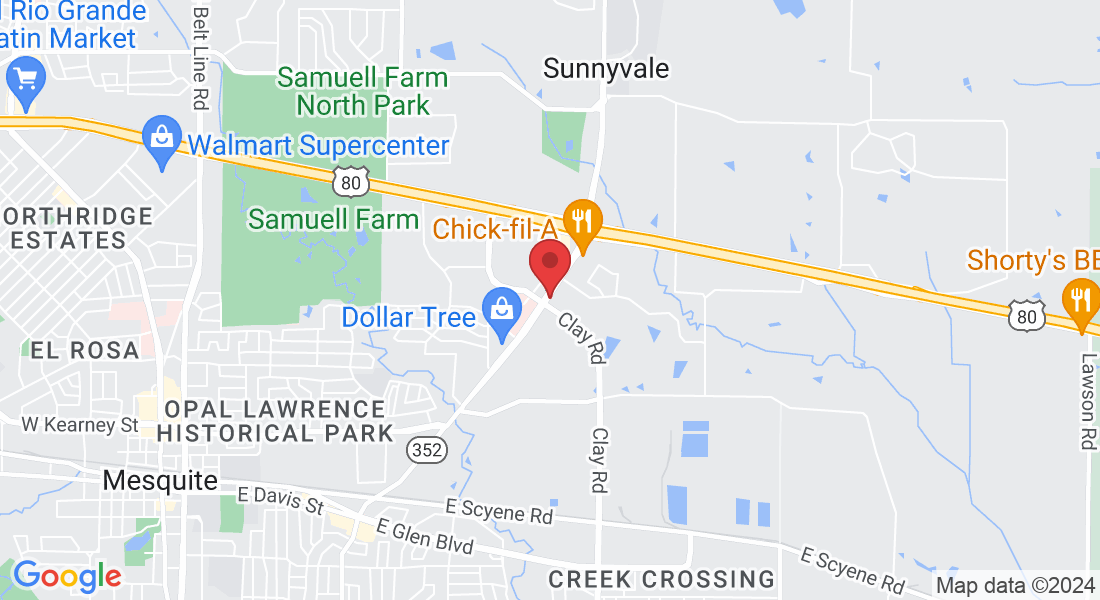214-256-3778
(214) 256-3770


Throwing Injuries
If you experience pain during overhead motions, you may suffer from one of several throwing injuries. Reed Bartz, MD, at Dallas Orthopedic and Shoulder Institute helps diagnose and treat these common injuries in Sunnyvale, Texas. Call the office to schedule an appointment or reserve a consultation through the online platform.


Throwing Injuries
If you experience pain during overhead motions, you may suffer from one of several throwing injuries. Reed Bartz, MD, at Dallas Orthopedic and Shoulder Institute helps diagnose and treat these common injuries in Sunnyvale, Texas. Call the office to schedule an appointment or reserve a consultation through the online platform.
Throwing Injuries Q & A
What are throwing injuries?
Throwing injuries consist of damage to the tissues supporting the arm and shoulder. Injuries may result from general trauma to the area or repeated overhand motions that stress muscles and tendons.
Common throwing injuries consist of many conditions such as: Rotator cuff injuries
Rotator cuff injuries specifically refer to tissue damage surrounding the ball-and-socket of the shoulder. The rotator cuff is a series of tendons and muscles securing the arm into the shoulder. Flexor tendinitis Flexor tendinitis results in damage to tendons located in the elbow.
This condition results from repeated throwing motions and localizes pain on the inside of the elbow. SLAP tears Superior labrum anterior and posterior tears, shortened to SLAP, consist of injuries to the labrum. This condition also results from repetitive throwing movements and impedes shoulder function. You may experience locking and catching as a common symptom.
There are several other throwing injuries, such as stress fractures, extension overload, and more. If you are experiencing pain in the arm or shoulder, Reed Bartz, MD, can examine and diagnose your symptoms.
What treatments exist for throwing injuries?
Since throwing injuries encompass a variety of ailments, treatments vary depending on your specific condition. Additionally, your orthopedic specialist offers numerous nonsurgical and nonsurgical options to best fit your needs. Nonsurgical options include:
✔ Physical therapy
✔ NSAIDs to reduce inflammation
✔ Activity modification
✔ Cortisone injections
✔ Ice compressions
Along with these strategies, your specialist may also employ surgical procedures such as shoulder arthroscopy and reconstructive surgery. Oftentimes, proper muscle conditioning, stretching, and technique can help protect you from another injury.
How long does it take to recover from throwing injuries?
Many patients recover from a throwing injury in little as six to nine weeks, when you only require nonsurgical treatment. Recovery may take over nine months if you have to have surgery; however, this may vary depending on the severity of your injury and the surgery required.
It's important to follow all instructions provided by your healthcare experts. This ensures the quickest recovery possible while mitigating additional damage.
Inquire more about throwing injuries by calling the office to schedule an appointment or reserving through the online portal.
Throwing Injuries
Q & A
What are throwing injuries?
Throwing injuries consist of damage to the tissues supporting the arm and shoulder. Injuries may result from general trauma to the area or repeated overhand motions that stress muscles and tendons.
Common throwing injuries consist of many conditions such as: Rotator cuff injuries
Rotator cuff injuries specifically refer to tissue damage surrounding the ball-and-socket of the shoulder. The rotator cuff is a series of tendons and muscles securing the arm into the shoulder. Flexor tendinitis Flexor tendinitis results in damage to tendons located in the elbow.
This condition results from repeated throwing motions and localizes pain on the inside of the elbow. SLAP tears Superior labrum anterior and posterior tears, shortened to SLAP, consist of injuries to the labrum. This condition also results from repetitive throwing movements and impedes shoulder function. You may experience locking and catching as a common symptom.
There are several other throwing injuries, such as stress fractures, extension overload, and more. If you are experiencing pain in the arm or shoulder, Reed Bartz, MD, can examine and diagnose your symptoms.
What treatments exist for throwing injuries?
Since throwing injuries encompass a variety of ailments, treatments vary depending on your specific condition. Additionally, your orthopedic specialist offers numerous nonsurgical and nonsurgical options to best fit your needs. Nonsurgical options include:
✔ Physical therapy
✔ NSAIDs to reduce inflammation
✔ Activity modification
✔ Cortisone injections
✔ Ice compressions
Along with these strategies, your specialist may also employ surgical procedures such as shoulder arthroscopy and reconstructive surgery. Oftentimes, proper muscle conditioning, stretching, and technique can help protect you from another injury.
How long does it take to recover from throwing injuries?
Many patients recover from a throwing injury in little as six to nine weeks, when you only require nonsurgical treatment. Recovery may take over nine months if you have to have surgery; however, this may vary depending on the severity of your injury and the surgery required.
It's important to follow all instructions provided by your healthcare experts. This ensures the quickest recovery possible while mitigating additional damage.
Inquire more about throwing injuries by calling the office to schedule an appointment or reserving through the online portal.
Our Patient Reviews
Our Locations
Dallas Orthopedic and Shoulder Institute - Sunnyvale
Office Hours
Monday through Friday - 8:00am – 5:00pm
Saturday & Sunday – CLOSED
Motion Performance Therapy - Sunnyvale
Clinic Hours
Monday through Thursday - 7:00 am - 5:30 pm
Friday, Saturday & Sunday - CLOSED
Phone Number:
214-256-3778
Address
222 South Collins Road, Suite 101
Sunnyvale, TX 75182
Dallas Orthopedic and Shoulder Institute - Kaufman
Office Hours
Monday through Thursday - 8:00am – 5:00pm
Friday, Saturday & Sunday - CLOSED
Motion Performance Therapy - Kaufman
Clinic Hours
Monday through Thursday - 7:00 am - 5:30 pm
Friday, Saturday & Sunday - CLOSED
Phone Number:
214-256-3778
Address
874 Ed Hall Dr Suite 104, Kaufman, TX 75142 (Professional building next to Texas Health Presbyterian Hospital in Kaufman)
Our Patient Reviews
Our Locations
Dallas Orthopedic and Shoulder Institute - Sunnyvale
Office Hours
Monday through Friday - 8:00am – 5:00pm
Saturday & Sunday – CLOSED
Dallas Orthopedic and Shoulder Institute - Sunnyvale
Clinic Hours
Monday through Thursday - 7:00 am - 5:30pm
Friday, Saturday & Sunday - CLOSED
Phone Number:
214-256-3778
Address
222 South Collins Road, Suite 101
Sunnyvale, TX 75182
Dallas Orthopedic and Shoulder Institute - Kaufman
Office Hours
Monday through Thursday - 8:00am –5:00pm
Friday, Saturday & Sunday - CLOSED
Motion Performance Therapy - Kaufman
Clinic Hours
Monday through Thursday - 8:00am –5:00pm
Friday, Saturday & Sunday - CLOSED
Phone Number:
214-256-3778
Address
874 Ed Hall Dr Suite 104, Kaufman, TX 75142 (Professional building next to Texas Health Presbyterian Hospital in Kaufman)


Copyright 2026Dallas Orthopedic and Shoulder Institute. All rights reserved





